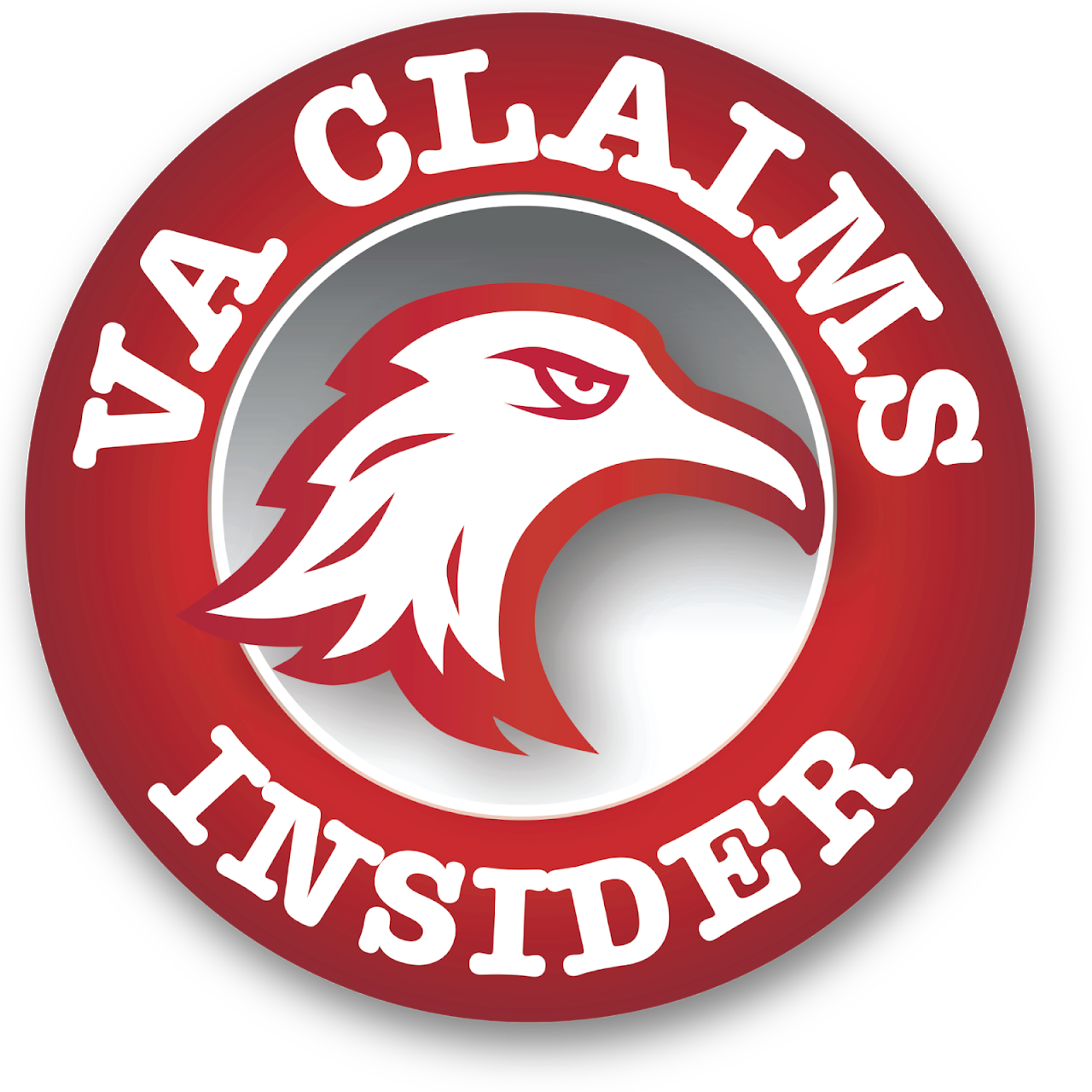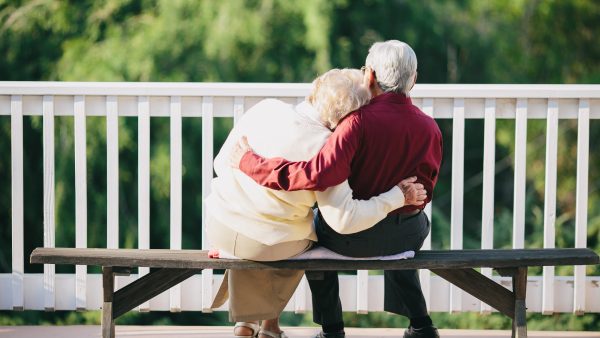Looking for Expert-Level VA Claim Answers?📱Call Us Now! 737-295-2226
VA disability and VA pension are often confused, particularly when determining whether you can receive both.
Although both provide tax-free monthly payments, they follow different rules and apply to different situations.
This post answers the most common questions, so you can understand how each benefit works and how the VA determines which one you receive.
Summary of Key Points
- VA disability and VA pension are separate programs with different eligibility rules and goals.
- You can’t receive both benefits at the same time; the VA pays only the higher amount if you qualify for both.
- VA pension is needs-based and limited to certain wartime veterans who meet age, disability, income, and net worth requirements.
- VA disability is for veterans with service-connected conditions that were caused or worsened by military service.
Table of Contents
Is VA Pension the Same as VA Disability?
No, VA pension and VA disability aren’t the same benefit. Here’s a breakdown of the differences.
| VA Disability | VA Pension |
| Awarded when you have a current medical condition that was caused or worsened by your military service | Needs-based benefit for certain wartime veterans meeting eligibility requirements |
| Requires service connection between your current diagnosis and active duty | Doesn’t require a service-connected disability |
| Monthly payment is based on your VA disability rating and the severity of your service-connected condition | Available to veterans who are age 65 or older or permanently and totally disabled |
| Income, assets, and age don’t affect eligibility | Eligibility depends on meeting income and net worth limits |
Can You Receive VA Disability and VA Pension at the Same Time?
No. You can’t receive VA pension and VA disability compensation at the same time. If you qualify for both, the VA will pay only the benefit with the higher monthly amount.
What Happens to Your VA Pension If You Qualify for VA Disability?
If you’re receiving a VA pension and later qualify for VA disability, the VA will review both benefits and switch you to the higher-paying benefit.
If your disability compensation amount is higher, your pension will stop, and disability compensation will replace it. If the pension amount remains higher, the VA may continue pension payments instead.
You aren’t required to choose; the VA applies the higher benefit by default.
Related Post: Are There Income Limits for VA Disability?
Do All Veterans Qualify for VA Pension Benefits?
No, not all veterans are eligible for a VA pension. Many veterans don’t qualify because their income or assets exceed VA limits, even if they served honorably.
Veterans Affairs pension eligibility is based on financial need, not length of service alone, and isn’t awarded automatically.
VA Pension Eligibility: Who is Eligible for VA Pension Benefits?
You may be eligible for a VA pension if you meet these requirements:
Both of these must be true:
- You didn’t receive a dishonorable discharge, and
- Your yearly family income and net worth meet certain limits set by Congress. Your net worth includes all personal property you own (except your house, your car, and most home furnishings), minus any debt you owe. Your net worth includes the net worth of your spouse.
And at least one of these must be true about your service:
- You started on active duty before September 8, 1980, and you served at least 90 days on active duty with at least 1 day during wartime, or
- You started on active duty as an enlisted person after September 7, 1980, and served at least 24 months or the full period for which you were called or ordered to active duty (with some exceptions) with at least 1 day during wartime, or
- You were an officer and started on active duty after October 16, 1981, and you hadn’t previously served on active duty for at least 24 months
And at least one of these must be true:
- You’re at least 65 years old, or
- You have a permanent and total disability, or
- You’re a patient in a nursing home for long-term care because of a disability, or
- You’re getting Social Security Disability Insurance or Supplemental Security Income
Conclusion
VA disability and VA pension benefits serve different purposes and have separate rules. Since you can’t get both at once, understanding the VA’s process allows you to make informed decisions when filing claims or if your situation changes.
>> Apply for Veterans Pension Benefits
>> Apply for VA Disability Compensation
Want Expert-Level Support for Your VA Disability Claim? WE GOT YOUR SIX!

- VA Claims Insider is the #1 most trusted name in VA disability claims.
- Work directly with a VA claims coach who can educate you through the claims process.
- 25,000+ disabled veterans have served in our membership programs since 2016.
- 30% average rating increase for veterans who complete our #1-rated Elite program.
- 4.7/5.0 average rating out of 5,500+ total reviews; over 4,500 5-star reviews.
Content Reviewed By

Quality Assurance Team
The Quality Assurance (QA) team at VA Claims Insider has extensive experience researching, fact-checking, and ensuring accuracy in all produced content. The QA team consists of individuals with specialized knowledge in the VA disability claims adjudication processes, laws and regulations, and they understand the needs of our target audience. Any changes or suggestions the QA team makes are thoroughly reviewed and incorporated into the content by our writers and creators.
About the Author

Kelly Olone
Kelly Olone is a military spouse who earned her degree in Psychology from Florida International University. After working in the non-profit sector for several years, she turned to her passion for writing. She aims to contribute to a better understanding of the valuable benefits that veterans deserve. As a mom, Kelly navigates the delicate balance between deadlines and bedtime stories with finesse.



